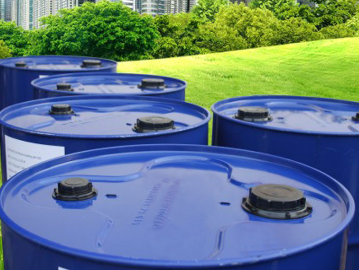
Polyurethane sealant is a versatile and widely used product in construction and manufacturing industries. It offers a range of benefits and applications that make it an essential tool for sealing and protecting various materials. In this guide, we will explore the benefits of polyurethane sealant and its different applications.
Benefits of Polyurethane Sealant:
1. Strong Adhesion: Polyurethane sealant has excellent adhesion properties, making it ideal for sealing joints and gaps in various surfaces, including concrete, wood, metal, and plastic. It forms a strong and durable bond that can withstand high temperatures and harsh weather conditions.
2. Flexibility: Polyurethane sealant is flexible and can accommodate movement and expansion in the substrate without cracking or breaking. This flexibility makes it suitable for sealing joints in buildings, bridges, and other structures that are subject to temperature changes and vibrations.
3. Waterproofing: Polyurethane sealant is highly resistant to water and moisture, making it an effective solution for waterproofing applications. It can be used to seal gaps and cracks in roofs, walls, and floors to prevent water infiltration and damage.
4. UV Resistance: Polyurethane sealant is resistant to UV rays and does not degrade or deteriorate when exposed to sunlight. This makes it suitable for outdoor applications, such as sealing windows, doors, and outdoor structures.
5. Chemical Resistance: Polyurethane sealant is resistant to a wide range of chemicals, including acids, alkalis, and solvents. This makes it an ideal choice for sealing joints in industrial facilities, laboratories, and chemical processing plants.
Applications of Polyurethane Sealant:
1. Construction: Polyurethane sealant is commonly used in construction for sealing joints in buildings, bridges, roads, and other structures. It is used to seal expansion joints, control joints, and gaps in concrete, masonry, and metal surfaces.
2. Automotive: Polyurethane sealant is used in the automotive industry for sealing seams, joints, and gaps in vehicles. It can be used to seal windows, doors, hoods, trunks, and other parts of the vehicle to prevent water infiltration and reduce noise and vibration.
3. Manufacturing: Polyurethane sealant is used in manufacturing industries for bonding and sealing various materials, such as metal, plastic, and rubber. It is used for sealing joints in machinery, equipment, and appliances to prevent leaks and vibrations.
4. Marine: Polyurethane sealant is used in the marine industry for sealing joints and seams in boats, ships, and other marine structures. It is highly resistant to water and saltwater, making it an ideal choice for marine applications.
5. DIY Projects: Polyurethane sealant is also widely used for DIY projects, such as sealing windows, doors, and plumbing fixtures in homes and buildings. It is easy to apply and provides a long-lasting and durable seal.
In conclusion, polyurethane sealant offers a range of benefits and applications that make it an essential tool for sealing and protecting various materials. Its strong adhesion, flexibility, waterproofing, UV resistance, and chemical resistance properties make it suitable for a wide range of industries and applications. Whether you are a contractor, manufacturer, or DIY enthusiast, polyurethane sealant is a versatile and reliable product that can help you achieve a professional and long-lasting seal.